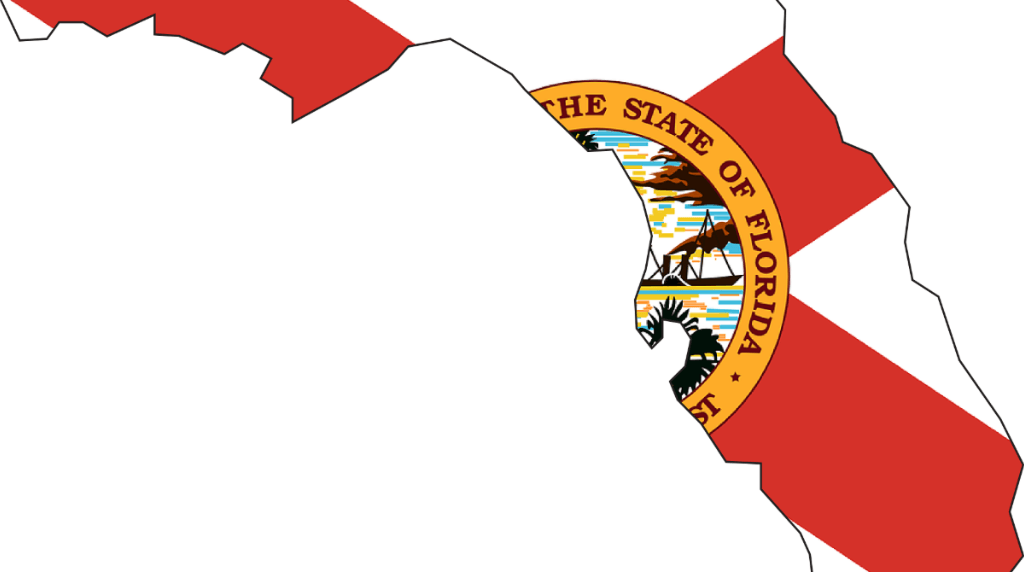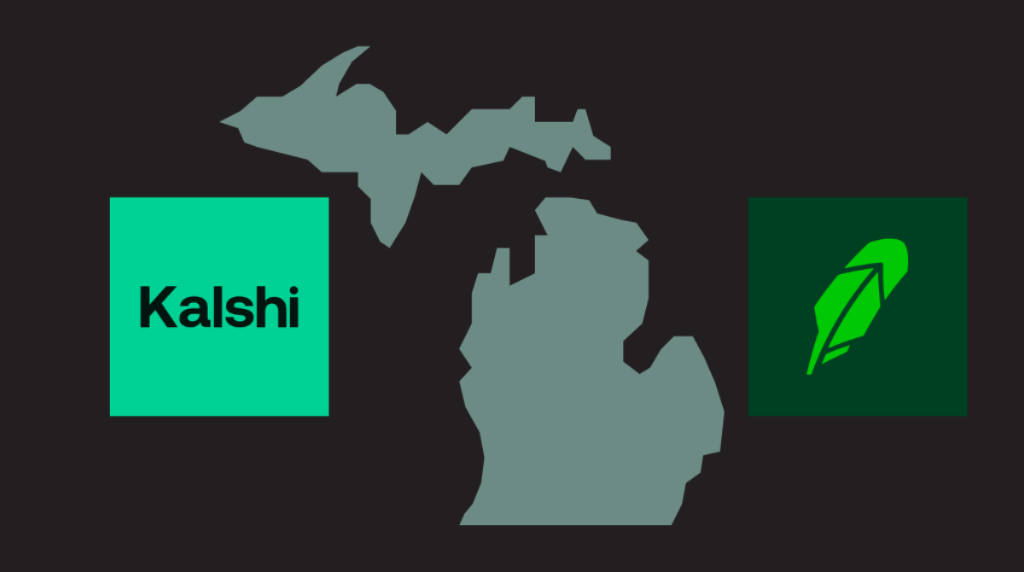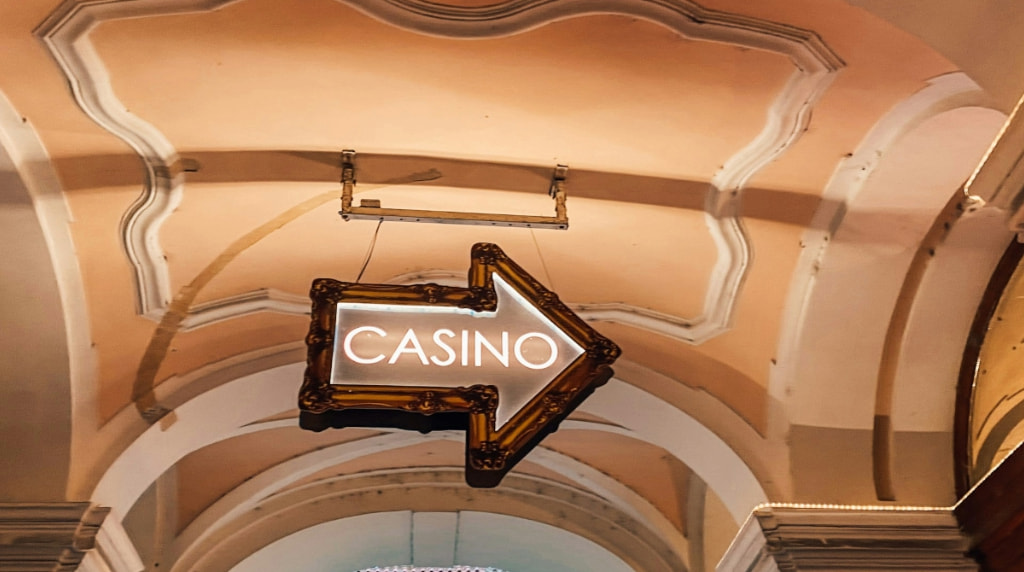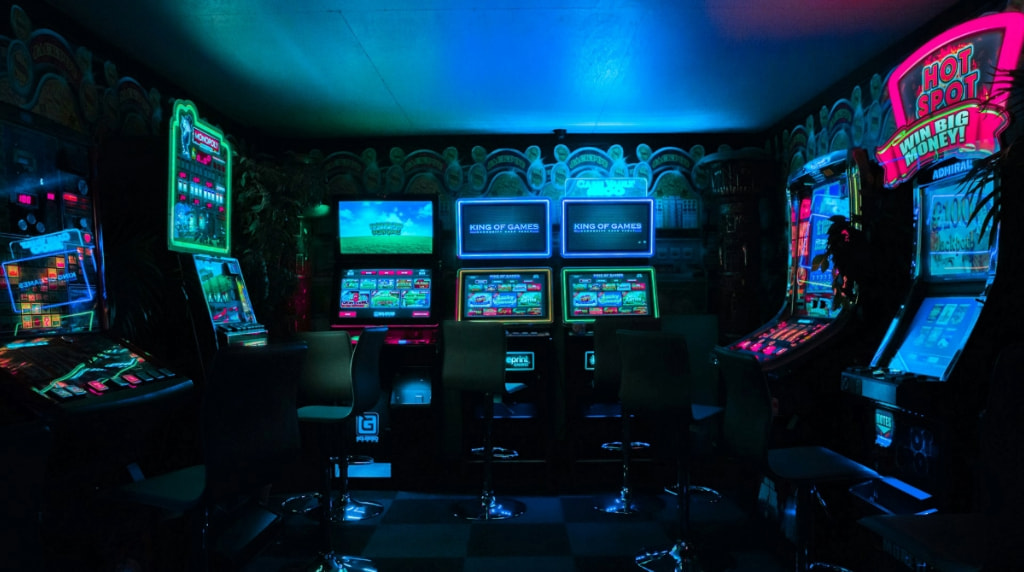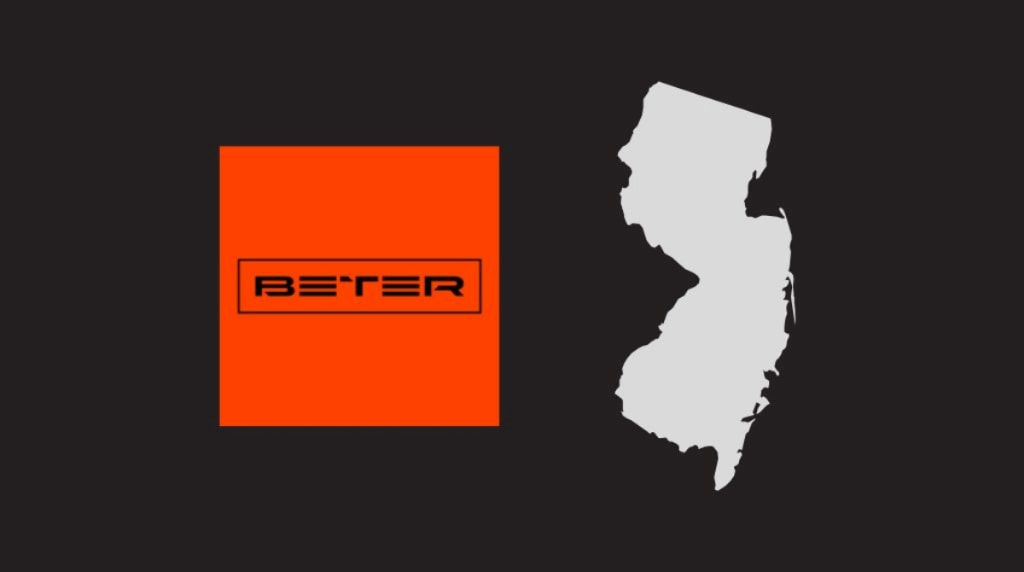Florida Targets Offshore Sportsbooks with Cease-and-Desist Orders
Florida has issued cease-and-desist letters to the largest offshore sportsbooks operating in the state
Key facts:
- Florida files three cease and desist letters against offshore sports books
- Bovada, one of the targets, has received 18 Cease and Desist letters from States.
- GeoComply has reported that Bovada had more than 115 million visits during the NFL Season 2023
- Bovada accounted for more than half of visits from US bettors before increased scrutiny.
Florida joined more than a dozen other states that have put Bovada and other sportsbooks and online casinos on notice over the past twelve months. The list includes Arizona, Ohio, Michigan, Connecticut, Pennsylvania, Massachusetts, and others.
In 2023, GeoComly tracked more than 115 million visits to Bovada from US gamblers from September through the end of November.
With the Super Bowl approaching this weekend, the Florida Gaming Commission may have felt they needed to remind Floridians that the only legal mobile sports betting is with Hard Rock Bet.
Owned by the Seminole with whom the State has an exclusive tribal compact, Hard Rock isn’t required to report its sports betting numbers, but we do what New York, which has a slightly smaller population but a bit more moneyed resident, wagers every month.
New York regularly sees handles over $2 billion per month and revenues between $150 and $200 million during Football season, so those are probably close to what Hard Rock Bets takes in. However, Bovada and its competitors still manage to rake in tens of millions that should be going to Hard Rock and the Seminoles.
Under its compact, the State is compelled to protect the tribe’s gaming monopoly, and what better time than a week before the Super Bowl to be seen doing its part?
However, as the Florida Gaming Commission said in its announcement, none of that money being spent with Bovada, My Bookie, or Bet US is going to help state residents. So why not choose the legal and safe gaming option?
“Illegal gambling operations offer no benefits to Floridians. On the other hand, tax revenue from state-licensed slot machine businesses and revenue-sharing payments from the Seminole Tribe of Florida are used to fund valuable state programs.”
– Florida Gaming Control Commission, Press Release
Florida Under Siege by Illegal Slots and Offshore Casinos
Florida continues to battle a tsunami of slots marketed as skill games. More than a year ago, the Tampa Bay Tribune estimated there were more than 1,000 illegal slot parlors throughout the Sunshine State, many with dozens of machines. And as quickly as local law enforcement takes them down, they pop like mushrooms in Florida’s humid climate.
During each investigation, many recent arrests have seized millions of dollars and thousands of machines, but no end appears. The amount of money these slots skim from the State’s eight licensed slot parlors and the Seminoles’ six casino resorts must be in the tens of millions of dollars per year, if not substantially higher.
Sweepstakes casinos like Chumba and Luckyland pose another growing threat to Seminole gaming profits. These platforms, heavily marketed across Florida, allow players to place real-money slot wagers under the guise of sweepstakes entries, all from their phones.
Again, while numbers are hard to come by, looking at advertising, these casinos must make serious money to be every fourth advertisement online for Floridians. This means they are also siphoning off tens of millions in business that should have gone to the tribe.
While the tribe has remained mostly quiet about the many different organizations undercutting its monopoly, there is a growing consensus that the tribe has a very effective remedy.
Since winning a case before the Supreme Court that effectively says that all bets on servers on tribal lands are treated as if they occurred on tribal lands, the tribe can negotiate a compact with the State for exclusive rights to iGaming.
iGaming would cut sweepstakes casinos off at the knees while also allowing the many folks who visit illegal storefront slot operations a safer and more convenient way to play their slot games without visiting those often dangerous and seedy slot houses.
Many only visit these houses of ill repute because the Seminole casinos are primarily clustered in the South of the State, and even in the Southern part of the State, many residents don’t have adequate transportation.
While the continued success of illegal online sportsbooks shows that not everyone will switch at first, every year they wait to negotiate, iGaming not only costs hundreds of millions in lost revenues, but it also hardens the habit of people who have chosen illegal gaming due to the lack of availability of the licensed and regulated product.
